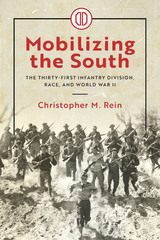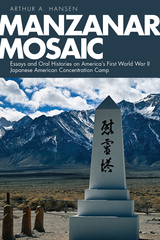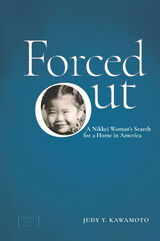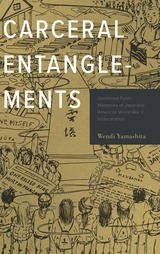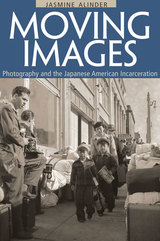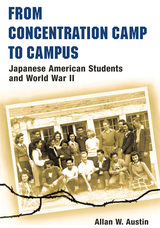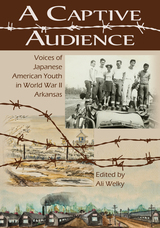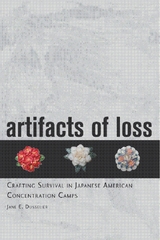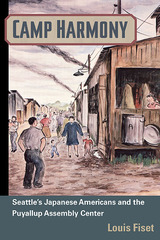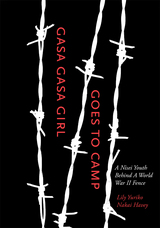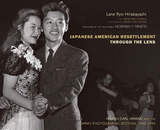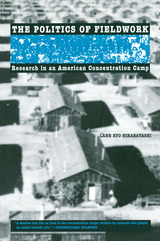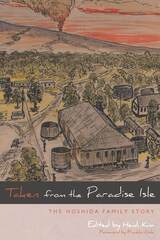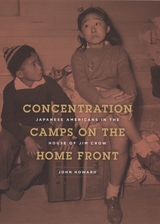Carceral Entanglements: Gendered Public Memories of Japanese American World War II Incarceration
Temple University Press, 2024
Cloth: 978-1-4399-2039-8 | Paper: 978-1-4399-2040-4 | eISBN: 978-1-4399-2041-1
Library of Congress Classification D769.8.A6.Y354 2024
Dewey Decimal Classification 305.8956073
Cloth: 978-1-4399-2039-8 | Paper: 978-1-4399-2040-4 | eISBN: 978-1-4399-2041-1
Library of Congress Classification D769.8.A6.Y354 2024
Dewey Decimal Classification 305.8956073
ABOUT THIS BOOK | AUTHOR BIOGRAPHY | REVIEWS | TOC | REQUEST ACCESSIBLE FILE
ABOUT THIS BOOK
Japanese Americans have long contended with settler colonization and mass criminalization by the state, most notably during the WWII era when they were forced into incarceration camps. In Carceral Entanglements, Wendi Yamashita asks, how do narratives of worth and success that make Japanese Americans legible to the state come to be? What are the consequences of such narratives?
Carceral Entanglements features interviews, archival research, and texts to explore racial violence and patriotic masculinity and explain how Japanese American history and identity are publicly memorialized. Yamashita examines museums, digital archives, pilgrimages, and student-run and performed plays to understand how Japanese Americans occupy a “contradictory location” produced by the state. She also addresses historical erasure, race relations and the struggle for redress and reparations.
Carceral Entanglements is about the interlocking relationship Japanese American incarceration memories have to the prison industrial complex and the settler colonial logics that at times unknowingly sustain it.
Carceral Entanglements features interviews, archival research, and texts to explore racial violence and patriotic masculinity and explain how Japanese American history and identity are publicly memorialized. Yamashita examines museums, digital archives, pilgrimages, and student-run and performed plays to understand how Japanese Americans occupy a “contradictory location” produced by the state. She also addresses historical erasure, race relations and the struggle for redress and reparations.
Carceral Entanglements is about the interlocking relationship Japanese American incarceration memories have to the prison industrial complex and the settler colonial logics that at times unknowingly sustain it.
See other books on: Asian American & Pacific Islander Studies | Collective memory | Forced removal and internment, 1942-1945 | Japanese Americans | Memory
See other titles from Temple University Press

